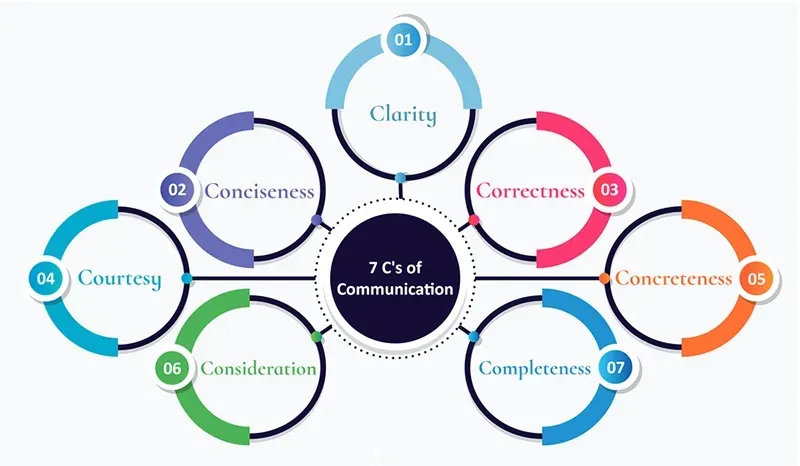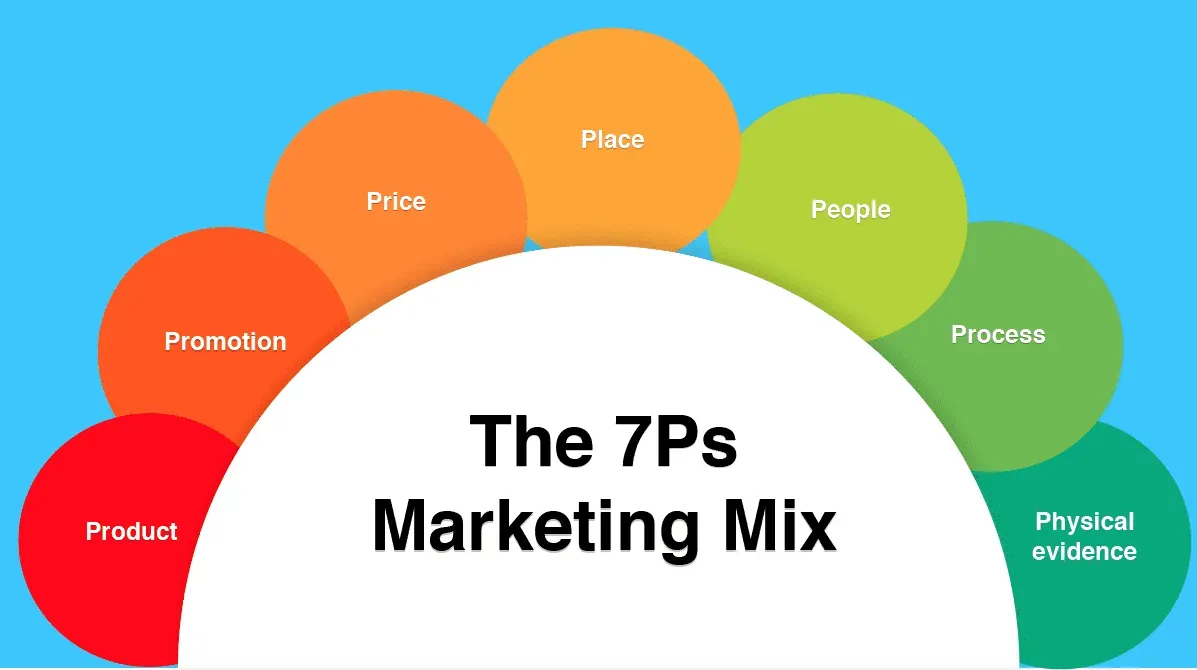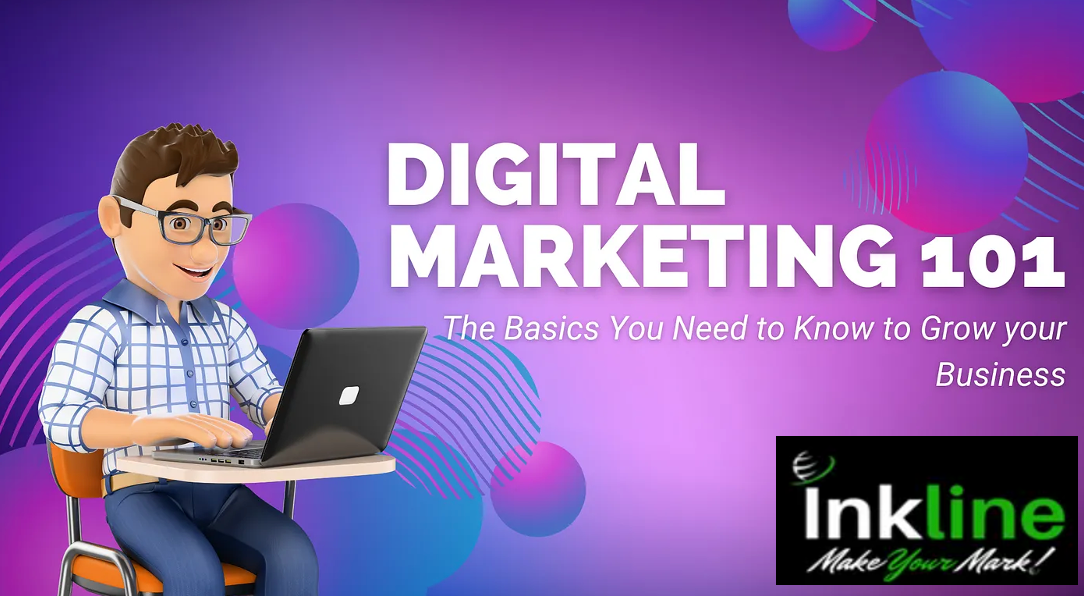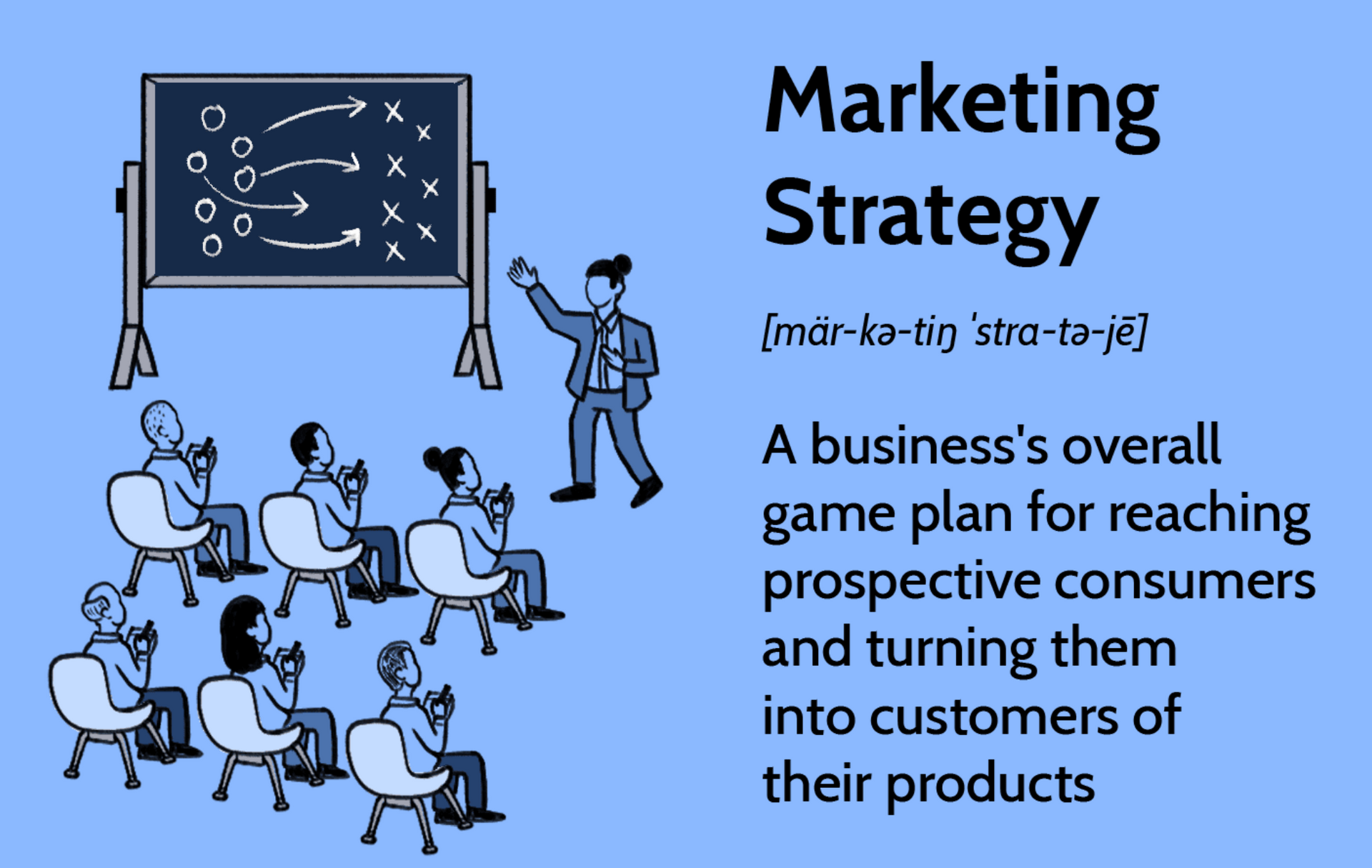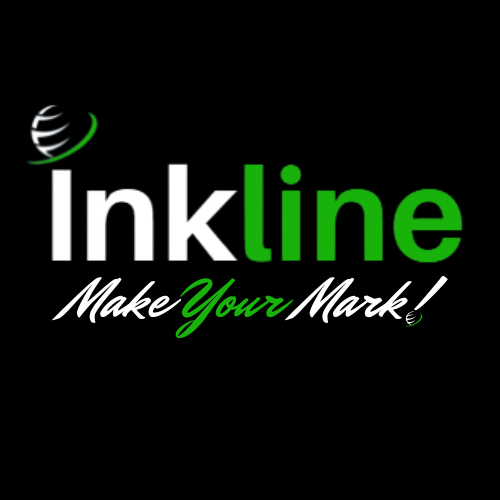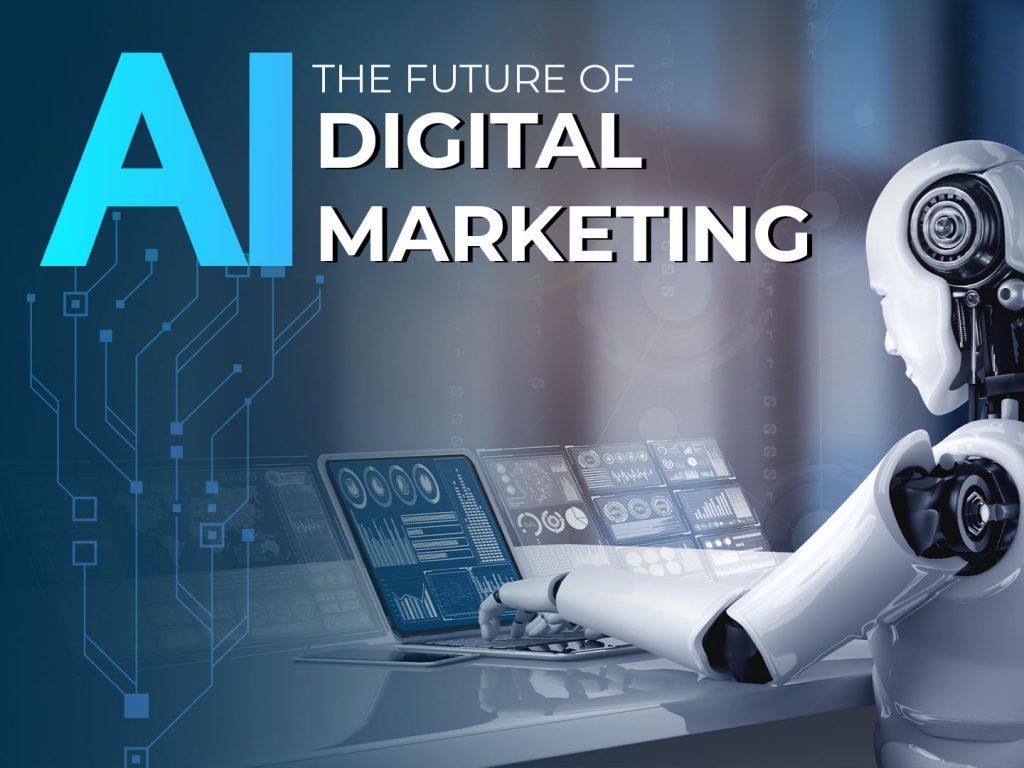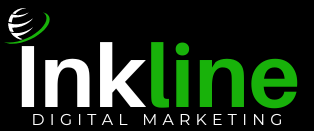Unlocking Success: A Deep Dive into Tech Marketing Strategies
Introduction to Tech Marketing

Definition of Tech Marketing
Tech marketing refers to the specialized set of strategies and practices used to promote technology products and services. This can range from software applications to hardware solutions, encompassing everything from enterprise-level tech to consumer gadgets. At its core, tech marketing aims to effectively communicate the value of technological solutions to potential customers, thereby driving engagement and conversions.
Importance of Tech Marketing
Why is tech marketing vital? Well, let’s consider the landscape. Over 60% of organizations have encountered data breaches between 2022 and 2024, according to research from the Ponemon Institute. This alarming statistic underscores the necessity for tech companies to not only market their products effectively but also to instill trust and security in their offerings. With the increasing complexity of tech stacks—often exceeding 100 applications in large enterprises—marketers face a unique challenge. They need to convey how their solutions can simplify operations while ensuring safety and performance.
Moreover, the rapid growth of martech software, which has seen a staggering 9,295% increase between 2011 and 2024, further emphasizes the need for effective tech marketing strategies. With over 14,000 martech applications available in 49 categories by 2024, standing out in this crowded marketplace requires innovative and targeted marketing approaches.
Key Roles in Tech Marketing
Communications
At the heart of tech marketing lies effective communication. This role involves crafting messages that resonate with target audiences while simplifying complex technical information. Marketers must bridge the gap between technical jargon and customer-friendly language, ensuring that potential clients understand the benefits of their technology without getting lost in details.
Demand and Operations
Demand generation focuses on creating interest in a company’s technology products. This often involves coordinating various marketing efforts—from content creation to lead nurturing—ensuring that potential customers move smoothly through the sales funnel. Operational roles ensure that these strategies are executed efficiently, maximizing resources and results.
Product Marketing
Product marketers play a crucial role in understanding market needs and positioning technology products accordingly. They analyze competitors, gather customer feedback, and tailor marketing messages to highlight unique selling propositions. In a fast-paced tech environment, staying ahead of market trends is essential for success.
Creative/Brand
Creativity is what sets brands apart in the tech landscape. The creative team is responsible for developing compelling narratives, engaging visuals, and memorable branding elements that capture attention. This role helps ensure that marketing campaigns not only inform but also inspire action.
Effective Tech Marketing Strategies
Content Marketing
Content marketing remains a cornerstone of successful tech marketing strategies. By producing high-quality, relevant content—such as blogs, whitepapers, and webinars—companies can establish themselves as thought leaders in their field. With more than 50% of U.S. respondents admitting to checking their email more than 10 times daily, offering valuable content through email campaigns can significantly enhance engagement rates.
Search Engine Optimization (SEO)
SEO is critical for increasing visibility in an oversaturated market. By optimizing website content for search engines, businesses can improve their chances of appearing in relevant search results. Given that Google processes over 10,000 searches a month in the U.S. alone, effective SEO strategies can drive significant traffic to a company’s site.
Social Media Marketing
Social media platforms provide a powerful avenue for tech marketers to connect with their audience. By sharing engaging content and interacting with followers, brands can build a community around their products. This not only enhances brand loyalty but also encourages user-generated content, which can further amplify reach.
Email Marketing
Email marketing remains a highly effective strategy for tech companies. With targeted campaigns that speak directly to customer needs and interests, businesses can nurture leads effectively. Utilizing data analytics helps tailor messages that resonate with specific segments, increasing conversion rates.
Account-Based Marketing (ABM)
ABM focuses on targeting specific accounts rather than broad audiences. By tailoring marketing efforts to individual companies or decision-makers, tech marketers can create personalized experiences that address unique pain points. This strategy often leads to higher engagement rates and stronger relationships with key clients.
Influencer Marketing
Leveraging industry influencers can significantly boost brand credibility and reach. By partnering with individuals who have established trust within their niche, tech companies can tap into new audiences and enhance their marketing efforts organically.
Video Marketing
With video content gaining traction across platforms, incorporating video into tech marketing strategies is essential. Demonstrations, tutorials, or testimonials presented in a visually appealing format can effectively communicate complex ideas, making them easier for potential customers to digest.
Enhancing Your Tech Marketing Campaigns
Maximize Data and Analytics
Data-driven decision-making is vital in tech marketing. By analyzing customer behavior and campaign performance metrics, marketers can identify trends and optimize their strategies accordingly. This allows for more informed decisions, ultimately driving better results.
Leverage Emerging Technologies
Staying ahead of the curve means embracing emerging technologies like artificial intelligence and machine learning. These tools can automate marketing processes, enhance audience segmentation, and provide insights that lead to more effective campaigns.
Employ Growth Hacking
Growth hacking focuses on achieving rapid growth through innovative marketing techniques. By experimenting with low-cost alternatives to traditional marketing methods, companies can discover unique ways to engage their audiences and drive conversions.
Personalize Messaging
Personalization is key in today’s marketing landscape. Tailoring messages based on customer behavior and preferences creates a more engaging experience. Utilizing customer data allows marketers to craft messages that resonate deeply with individual users, increasing the likelihood of conversion.
Optimize and Iterate
Marketing is not a one-and-done effort; it requires constant optimization. After launching campaigns, it’s essential to gather feedback and analyze performance data regularly. This iterative process helps identify what works and what doesn’t, allowing for ongoing improvements and adjustments.
Conclusion
In the ever-evolving world of technology marketing, staying informed about trends and strategies is essential for success. As we’ve explored here, focusing on clear communication, leveraging data analytics, and implementing diverse marketing strategies can significantly enhance your efforts. With over $215 billion expected in global martech spending by 2027, now is the perfect time to refine your approach and make a lasting impact in the tech landscape. Embrace these strategies today and watch your tech marketing reach new heights!
Make Your Mark With Inkline!
Marketing, Sales, Business, we love it all! Anything we can do to provide insights and create a lasting impact to our community and our clients customer base is why we do what we do. We are the business behind businesses and the driving force in company growth. Our team of experts are here to serve you, leveraging our technology stack and years of experience to deliver exceptional results!
If you're ready to take your business to the next level, contact our team today: info@inklineonline.com or 610.844.0300
Connect With Us!
